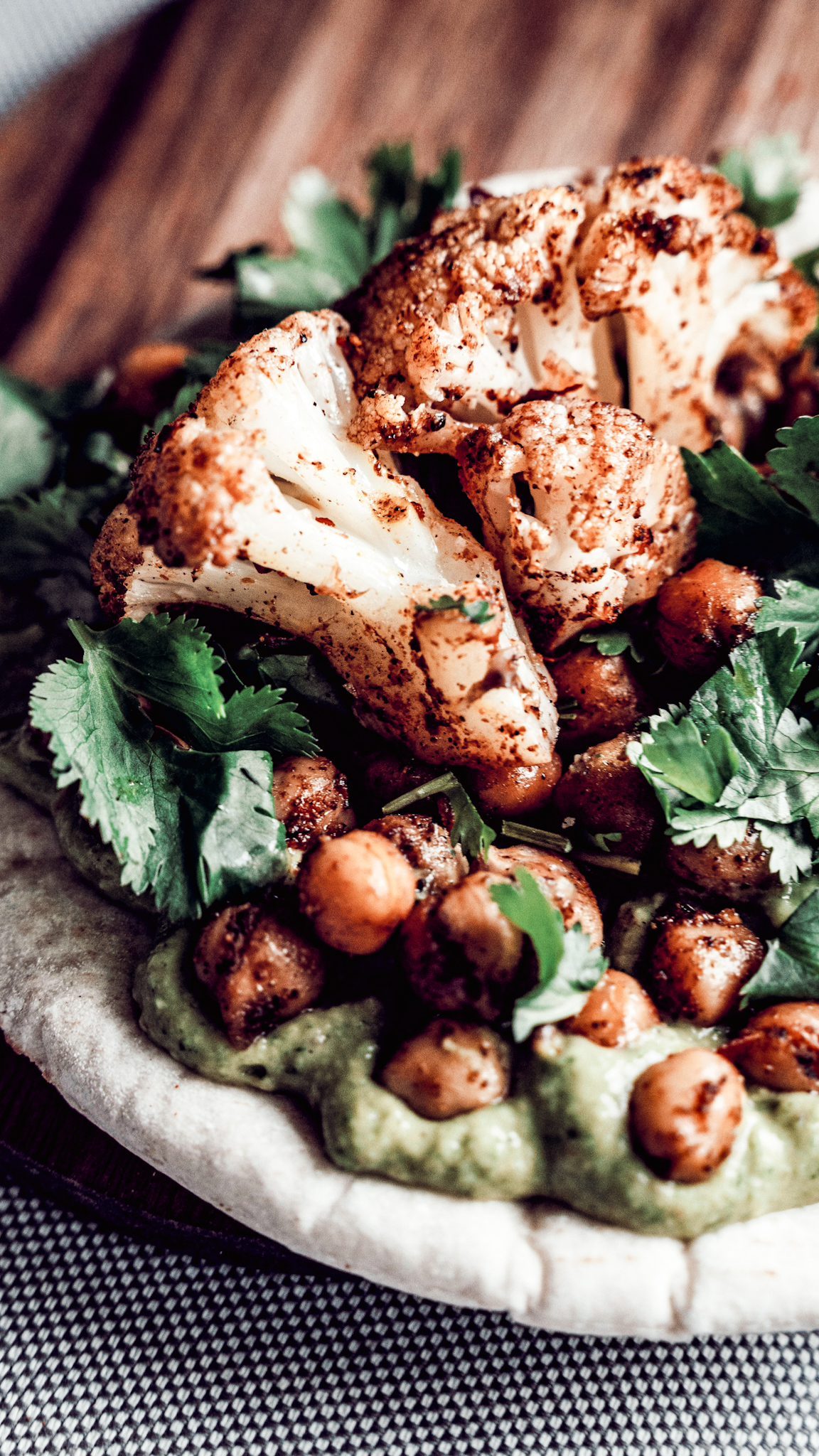Easy Mediterranean Diet Recipes for Beginners

This post may contain affiliate links, which means I may earn a small commission if you make a purchase through these links — at no extra cost to you. Thank you for supporting the content I create here on the blog! You can read my full Disclosure Policy for more details.
In this article
If there’s one eating style that feels like a breath of fresh air, it’s the Mediterranean diet. Think: olive oil glistening on roasted vegetables, crusty bread shared with friends, fresh herbs tossed over grilled fish. It’s less about dieting and more about celebrating food — slowing down, eating colorfully, and savoring every bite.
For anyone who’s been craving a reset that doesn’t feel like deprivation, this way of eating is a game changer. It’s backed by science, loved by nutritionists, and, honestly, just makes you feel good.
The Mediterranean Mindset
What I love most about the Mediterranean diet is that it’s not really a “diet.” There are no off-limits lists or complicated rules — just a simple philosophy: eat real food, mostly plants, and enjoy it with people you love.
It’s inspired by how people eat in Greece, Italy, and other coastal regions — where meals are slow, flavorful, and centered around whole ingredients. Olive oil replaces butter, vegetables fill most of the plate, and a glass of wine might make an appearance alongside laughter and conversation.
And it works. Decades of research show that the Mediterranean diet supports heart health, boosts brain function, lowers inflammation, and can even help you live longer. In one major study published in The New England Journal of Medicine, people who followed it had a 30% lower risk of heart disease. That’s huge — but honestly, what keeps people coming back isn’t the science. It’s the flavor.
Science Behind the Mediterranean Diet
Let’s get nerdy for a second — because this isn’t just hype.
The Mediterranean diet is rich in monounsaturated fats (the heart-healthy kind found in olive oil and nuts) and omega-3s from fish. These help reduce inflammation and support brain health. The antioxidants in colorful vegetables and fruits combat oxidative stress — which means fewer signs of aging and more energy throughout the day.
Fiber from whole grains and legumes keeps blood sugar balanced and digestion happy. And all those herbs and spices? They’re not just for flavor — many have anti-inflammatory and antimicrobial properties, too.
Building Your Mediterranean Pantry
You don’t need to spend a fortune on specialty products. Start with a few staples that instantly make meals feel fresh and Mediterranean-inspired:
- Extra virgin olive oil: The star of the show. Go for cold-pressed if you can.
- Chickpeas and lentils: Your new go-to for quick, protein-rich meals.
- Whole grains: Quinoa, farro, or brown rice make great salad bases.
- Tomatoes, cucumbers, peppers, greens: Color = nutrients.
- Fish or lean poultry: Think salmon, tuna, or grilled chicken.
- Feta cheese: Because life’s too short not to sprinkle a little.
- Fresh herbs, lemons, garlic: The flavor trifecta.
Once you’ve got these on hand, you can throw together something delicious any night of the week — even when you’re tired and don’t feel like cooking.
Easy Mediterranean Diet Recipes for Beginners
Greek Yogurt Parfait with Honey and Nuts
Creamy, crunchy, and just sweet enough. Layer Greek yogurt with a drizzle of honey, a handful of walnuts, and a few fresh berries.
Ingredients:
- 1 cup plain Greek yogurt
- 1 tablespoon raw honey
- ¼ cup mixed nuts (almonds, walnuts, pistachios)
- Fresh berries
Why it works: The mix of protein, healthy fats, and natural sugar keeps your energy steady all morning long.
How to: Layer yogurt, drizzle honey, sprinkle nuts, and top with berries. Done in two minutes, and it tastes like dessert.
Mediterranean Quinoa Salad
This one’s a crowd-pleaser — and perfect for meal prep. Toss cooked quinoa with chickpeas, cucumber, tomato, red onion, parsley, olive oil, and lemon juice.
Ingredients:
- 1 cup cooked quinoa
- ½ cup chickpeas
- Chopped cucumber, tomato, red onion, and parsley
- Olive oil and lemon juice to taste
Why it works: This meal hits all the Mediterranean hallmarks — fiber, antioxidants, and plant-based protein. Studies show that meals rich in these nutrients improve gut health and support weight management.
How to: Toss all ingredients together, season with salt and pepper, and chill for 15 minutes.
Pro tip: Let it sit for 15 minutes before eating. The flavors meld and the lemon gets even brighter.
One-Pan Chicken with Olives and Tomatoes
Dinner, simplified. Sear chicken breasts or thighs in olive oil, then bake with cherry tomatoes, kalamata olives, garlic, and oregano until the sauce thickens.
Ingredients:
- 2 chicken breasts or thighs
- 1 cup cherry tomatoes
- ½ cup kalamata olives
- 2 tablespoons olive oil
- Garlic, oregano, and black pepper
How to: Sear the chicken in olive oil, then bake at 375°F with the tomatoes and olives until tender. Serve with brown rice or a side salad.
Nutrition note: Olive oil and cooked tomatoes deliver powerful antioxidants like lycopene, known for protecting against heart disease and cancer.
Roasted Chickpeas
Crunchy, satisfying, and endlessly snackable. Toss canned chickpeas in olive oil, paprika, and sea salt, then roast at 400°F for 25 minutes.
Ingredients:
- 1 can chickpeas, drained and dried
- Olive oil, paprika, and sea salt
How to: Roast at 400°F for 25 minutes until crispy. High in fiber and iron, these are perfect between meals or as a crunchy salad topper.
A One-Day Mediterranean Menu
If you’re new to this lifestyle, try easing in with a simple one-day plan:
Breakfast: Greek Yogurt Parfait with Honey and Nuts
Lunch: Mediterranean Quinoa Salad
Snack: Roasted Chickpeas
Dinner: One-Pan Chicken with Olives and Tomatoes
Dessert: Fresh berries with a drizzle of olive oil and a pinch of sea salt (trust me — it’s divine).
Why the Mediterranean Diet Is So Sustainable
Unlike restrictive diets, this one’s easy to stick to because it’s flexible and forgiving. There’s room for pasta, for bread, for dessert. The focus isn’t on perfection — it’s on balance.
It’s also deeply rooted in how people eat: meals shared with others, eaten slowly, and enjoyed without guilt. Studies show that these habits — not just what we eat — contribute to lower stress levels and longer lifespans.
It’s a reminder that food isn’t just fuel. It’s connection, pleasure, and culture.
FAQs About the Mediterranean Diet
What exactly is the Mediterranean diet?
The Mediterranean diet isn’t a strict eating plan — it’s a way of life inspired by the traditional foods of countries like Greece, Italy, and Spain. It focuses on whole, minimally processed foods: vegetables, fruits, legumes, whole grains, olive oil, and lean proteins like fish or chicken. The goal is balance, not restriction — and that’s why it’s one of the easiest (and most delicious) diets to follow long-term.
Why is the Mediterranean diet considered so healthy?
Science has consistently shown that the Mediterranean diet supports heart health, brain function, and longevity. Studies published in The New England Journal of Medicine and The Lancet found that people who follow this way of eating have a significantly lower risk of heart disease and chronic inflammation. The secret? Healthy fats from olive oil and nuts, antioxidants from fruits and veggies, and plenty of fiber from whole grains.
Can you lose weight on the Mediterranean diet?
Yes — though it’s not marketed as a “weight loss” plan, many people naturally lose weight when eating Mediterranean-style. The diet’s emphasis on fiber-rich foods, healthy fats, and lean proteins helps you stay full longer and avoid energy crashes. It’s a sustainable, non-restrictive way to support a healthy metabolism without feeling deprived.
Is the Mediterranean diet expensive?
Not at all! While ingredients like olive oil or fish can seem pricier, the Mediterranean diet relies heavily on affordable staples like beans, lentils, grains, and seasonal vegetables. It’s a flexible framework that works on any budget — you can make it as simple or elevated as you like.
Do I need to eat fish every day?
No — while fish is an important source of omega-3s in the Mediterranean diet, you can also get these healthy fats from walnuts, chia seeds, and olive oil. Aim for fish a few times a week, and fill the rest of your meals with plant-based proteins like beans and lentils.
What drinks are part of the Mediterranean diet?
Water is the star here — often with lemon or cucumber slices for flavor. Coffee and tea are fine, and moderate red wine is traditional for some, though completely optional. The emphasis is always on hydration and balance, not rules.
How can I start the Mediterranean diet today?
Start small. Swap butter for olive oil, add an extra serving of vegetables to your plate, or prepare one Mediterranean-inspired recipe each week. Over time, these small habits create a natural rhythm — and before you know it, you’ll be eating like the Mediterranean locals: simply, joyfully, and deliciously.

